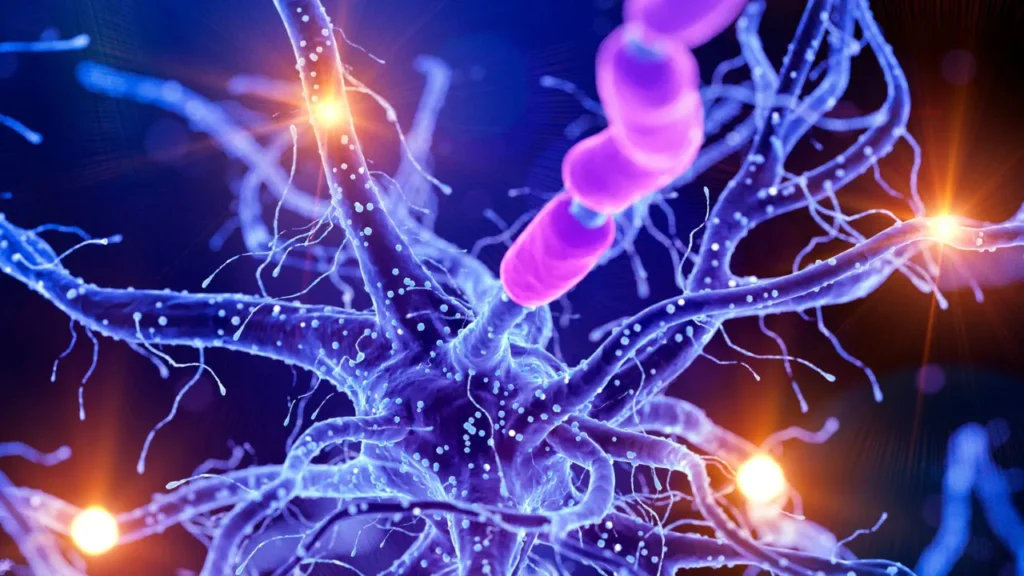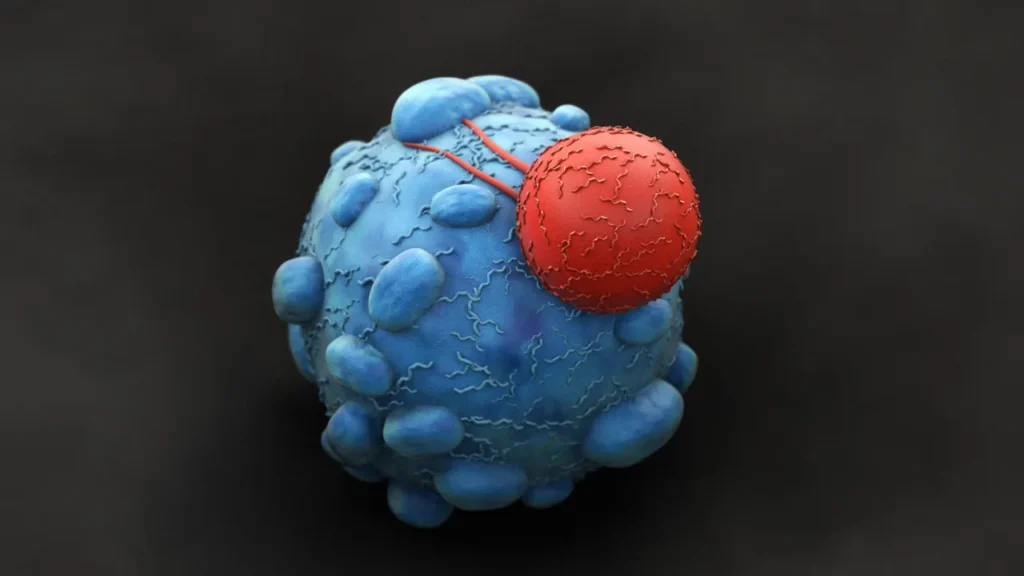Sanghuang is a nootropic pill that has been drawing interest due to its possible ability to improve cognitive function. Sanghuang refers to the genus name for a group of mushrooms called Sanghuangporus, which has long been utilized in traditional Eastern medicine. This page explores the health possibilities of Sanghuang, especially for those looking to improve their thinking skills and brain function. It also discusses the herb’s nature, health benefits, best dosages, adverse effects, possible drug interactions, and responsible use.
You May Also Like:
Duckweed: Benefits, Dosage, Side Effects, Drug Interactions, and Other Important Information
Brewer’s Yeast: Benefits, Dosage, Side Effects, Drug Interactions, and Other Important Information
Sanghuang: Benefits, Dosage, Side Effects, Drug Interactions, and Other Important Information is an original (NootropicsPlanet) article.
The Nature of Sanghuang
Sanghuang mushrooms are members of the fungal family that are well-known for their therapeutic qualities. Because of their many health-promoting qualities, they are mostly found on mulberry trees and are highly valued in traditional Chinese and Korean medicine. Sanghuang’s pharmacological benefits are partly attributed to its bioactive constituents, which include triterpenoids, phenolic compounds, and polysaccharides. The intricacies of Sanghuang’s chemistry are still being studied to find out the exact mechanism of those substances.
Health Benefits of Sanghuang
The complex chemistry of Sanghuang translates into a broad spectrum of health benefits, particularly in the context of cognitive health, immune support, and chronic disease prevention:
- Cognitive Enhancement: The immunomodulatory and antioxidant effects of Sanghuang can indirectly benefit cognitive health. Sanghuang components may help protect neuronal health and function which is crucial for maintaining cognitive abilities such as memory, attention, and processing speed, by reducing inflammation and oxidative stress in the brain.
- Immune System Support: Sanghuang’s ability to stimulate the immune system is among its most celebrated benefits. The polysaccharides in Sanghuang can enhance the body’s defense mechanisms against pathogens, potentially reducing the frequency and severity of infections.
- Antioxidant Activity: The phenolic compounds in Sanghuang provide a strong antioxidant effect that protects against oxidative stress. Oxidative stress is a key cause of aging and many chronic conditions. By scavenging harmful free radicals, these antioxidants support cellular health and longevity.
- Anti-inflammatory Effects Chronic inflammation is a root cause of bad memory and many diseases, including cardiovascular diseases, diabetes, and neurodegenerative conditions. The triterpenoids and other anti-inflammatory compounds in Sanghuang may help mitigate this risk by reducing inflammation throughout the body.
- Potential Anti-cancer Properties: Preliminary research has suggested that the triterpenoids and other compounds in Sanghuang may exert anticancer effects by inhibiting tumor growth and inducing apoptosis in cancer cells. While more research is needed, it points to Sanghuang’s potential in cancer prevention.

Chemistry of Sanghuang
Sanghuang mushrooms are rich in a diverse array of bioactive compounds that underpin their health benefits. The primary phytochemicals include polysaccharides, phenolic compounds, and triterpenoids, each playing a pivotal role in its medicinal properties.
- Polysaccharides: Sanghuang polysaccharides are complex carbohydrates that have demonstrated significant immunomodulatory effects. They can stimulate the immune system by enhancing the activity of macrophages, natural killer cells, and dendritic cells, thereby promoting an immune response that can help fend off pathogens and potentially reduce the risk of certain diseases.
- Phenolic Compounds: These compounds are known for their potent antioxidant properties. They can neutralize free radicals, thereby preventing oxidative damage to cells, including DNA, proteins, and lipids. Oxidative stress is implicated in the aging process and numerous diseases, including neurodegenerative disorders, making the antioxidant capacity of Sanghuang particularly valuable.
- Triterpenoids: These molecules are known for their anti-inflammatory, anticancer, and hepatoprotective activities. They can modulate various signaling pathways involved in inflammation and tumor growth, suggesting a potential role in preventing and treating chronic diseases and certain types of cancer.
Physiological Mechanism of Action of Sanghuang
Numerous routes are involved in the physiological mechanisms through which Sanghuang produces its nootropic effects. As mentioned, Sanghuang’s polysaccharides include immune-modulating qualities that can improve general health and resilience while also lowering inflammation, which indirectly supports cognitive processes. This anti-inflammatory impact is important because inflammation has been connected to numerous cognitive problems.
Furthermore, Sanghuang’s antioxidant qualities shield the brain from oxidative stress, which has been shown to harm neurons and impair cognitive abilities. Sanghuang’s components can support the preservation of neuronal integrity and function by scavenging free radicals.
Recent research indicates that Sanghuang may also have an impact on synaptic plasticity and neurogenesis, two processes that are critical to memory and learning. The bioactive chemicals of Sanghuang would interact with brain pathways to encourage the growth and differentiation of neural cells as well as strengthen the connections between them.

Optimal Dosage of Sanghuang
The right amount of Sanghuang for cognitive improvement varies depending on the particular species of mushrooms, the supplement’s form (powder, extract, etc.), individual variances in metabolism, and the overall health of the user. Standardized dosage recommendations for Sanghuang are difficult because there is currently little clinical research on the herb. Thus, it is imperative that you speak with a healthcare provider before beginning any new supplement regimen to be sure it is appropriate and safe.
Side Effects of Sanghuang
In general, moderate consumption of sanghuang is regarded as safe. Like any supplement, some people may experience negative effects from it. Although they are uncommon, reported adverse effects can include skin rashes, allergic reactions, and gastrointestinal distress.
Potential Substance Interactions of Sanghuang
Concerns have been raised about Sanghuang’s possible interactions with other drugs, especially those that influence the immune system or have anticoagulant qualities. These drugs may become less effective due to Sanghuang’s immunomodulatory effects, so always speak with medical professionals before using them.

Best Responsible Use of Sanghuang
It is crucial to use Sanghuang responsibly if you want to use it as a nootropic supplement. This entails following suggested dosages, being aware of possible interactions and negative effects, and speaking with a healthcare provider before starting any supplementation. Sanghuang has received little investigation, particularly in human studies, thus using it wisely and according to scientific principles is advised.
Furthermore, to guarantee quality and safety, it’s critical to get Sanghuang pills from reliable suppliers. Since the supplement business is not as strictly regulated as the pharmaceutical industry, the occurrence of issues in product uniformity and quality is more often than pharmaceutical industry.
Sanghuang:
Conclusion
Sanghuang refers to a group of mushrooms with the genus name of Sanghuangporus. Sanghuang has been used in traditional Asian medicine as it is rich in polysaccharides, triterpenoids, and phenolic compounds. These compounds are believed to contribute to antioxidant, anti-inflammatory, and immune-modulating properties. These properties can effectively shield the brain from oxidative stress and protect it from oxidative damage which can impair cognitive ability.
Additionally, Sanghuang has been studied for its potential role in supporting cancer treatment as it exerts effects that can inhibit tumor growth. However, more research is needed to fully understand the mechanism of Sanghuang supplements to prevent unwanted side effects. For instance, Sanghuang may react with drugs that influence the immune system or have anticoagulant properties. Therefore, it’s important to use Sanghuang supplements under the guidance of a healthcare professional.

References:
- Species Identity of Phellinus Linteus (Sanghuang) Extensively Used as A Medicinal Mushroom in Korea. Retrieved from:https://pubmed.ncbi.nlm.nih.gov/27033204/
- Mmunoregenerative Effects of The Bionically Cultured Sanghuang Mushrooms (Inonotus Sanghuagn) On the Immunodeficient Mice. Retrieved from:https://pubmed.ncbi.nlm.nih.gov/31394179/
- Research Progress of Bioactive Components in Sanghuangporus Spp. Retrieved from:https://www.mdpi.com/1420-3049/29/6/1195
Important Note: The information contained in this article is for general informational purposes only, and should not be construed as health or medical advice, nor is it intended to diagnose, prevent, treat, or cure any disease or health condition. Before embarking on any diet, fitness regimen, or program of nutritional supplementation, it is advisable to consult your healthcare professional in order to determine its safety and probable efficacy in terms of your individual state of health.
Regarding Nutritional Supplements Or Other Non-Prescription Health Products: If any nutritional supplements or other non-prescription health products are mentioned in the foregoing article, any claims or statements made about them have not been evaluated by the U.S. Food and Drug Administration, and such nutritional supplements or other health products are not intended to diagnose, treat, cure, or prevent any disease.


